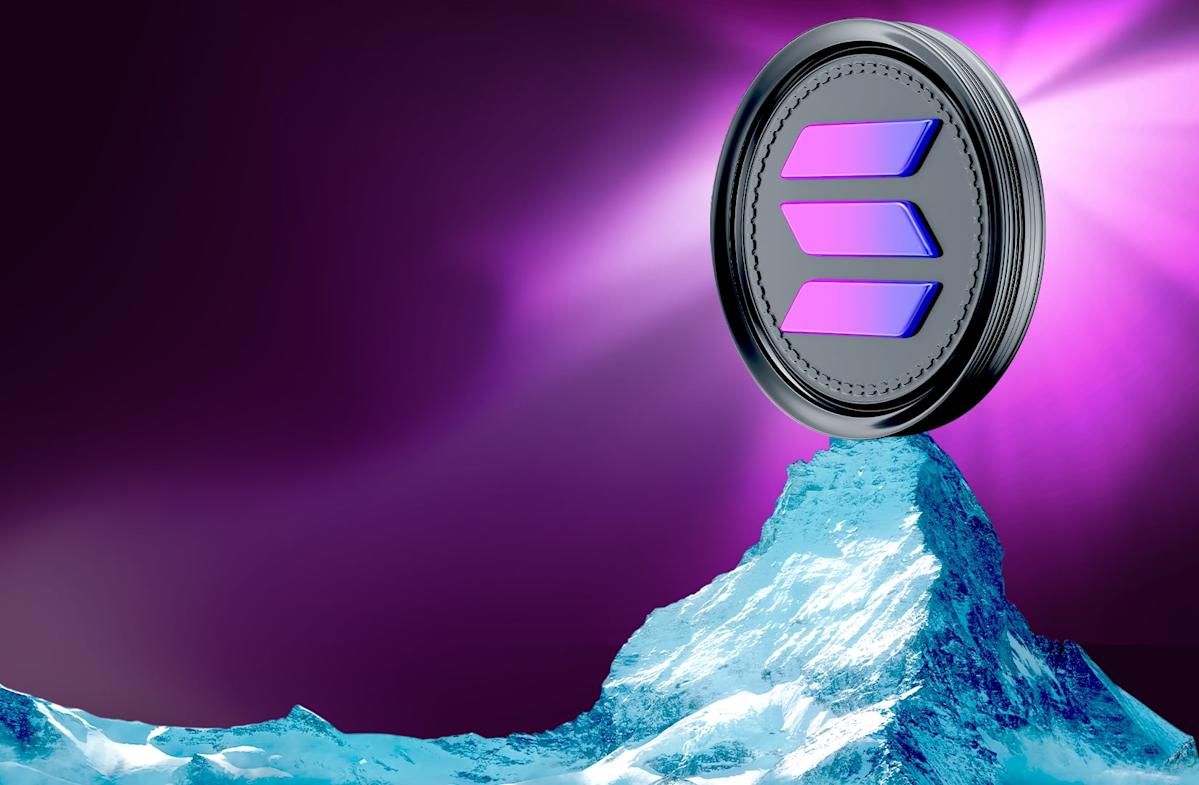Solana Alpenglow upgrade seen to boost decentralisation after clearing first hurdle
A major Solana upgrade will improve the blockchain’s decentralisation, according to a new report.
When paired with other long-discussed changes, Alpenglow can spread validator revenue more equitably, according to research from venture capitalists Mustafa Qazi and Gurnoor Narula.
“Becoming a small profitable Solana validator is virtually impossible,” Qazi, a researcher at Volt Capital, wrote on X. “Luckily, Alpenglow [and] dynamic inflation have the potential to address this.”
Faster and more affordable than Ethereum, Solana’s drawback among critics has long been its relatively centralised nature. Although, boosters note it leads major blockchains in certain measures of decentralisation.
Solana sets a relatively high bar to becoming a validator, someone who runs the software that processes transactions on the Solana blockchain.
That’s reflected in the numbers: Solana has about 1,000 validators, relative to the million-plus on Ethereum. Fewer than 100 Solana validators control more than half the stake — the tokens that determine their influence — according to Qazi and Narula.
The concentration of stake among Solana’s largest validators risks increasing due to their outsized share of newly minted Solana tokens, Qazi and Narula write.
That’s where Alpenglow comes in. The update will help smaller Solana validators break even, Qazi and Narula argued. Paired with a long-discussed reduction in Solana’s so-called inflation schedule, it could level the playing field.
“Limiting extraneous sources of revenue for high-stake validators, especially the inflation rate, is a low-hanging fruit to help address an inequitable validator set,” they wrote.
Alpenglow has been compared to the Merge, a huge Ethereum upgrade that fundamentally changed the blockchain’s consensus process and cut its energy consumption by 99%.
If adopted, Alpenglow would reduce Solana’s latency — the time it takes to finalise a block of transactions — from just under 13 seconds to as little as a tenth of a second.
Vangelis Andrikopoulos, a researcher at competitor blockchain’s Sei Labs, said Alpenglow will make real-time gaming, high-frequency trading, and instant payments “practically viable” while potentially improving Solana’s decentralisation.
One of the researchers behind the upgrade said he expects Alpenglow to be broken into 50 sub-proposals over the coming months, given its scope.
The first sub-proposal, approved September 2 changes the voting system that Solana validators use to approve or deny a proposed block.
Solana validator’s voting fees can run to $60,000 per year, Andrikopoulos noted. By moving voting off the blockchains, Alpenglow functionally eliminates those fees, lowering the barrier to entry for would-be validators.



Leave a Comment
Your email address will not be published. Required fields are marked *